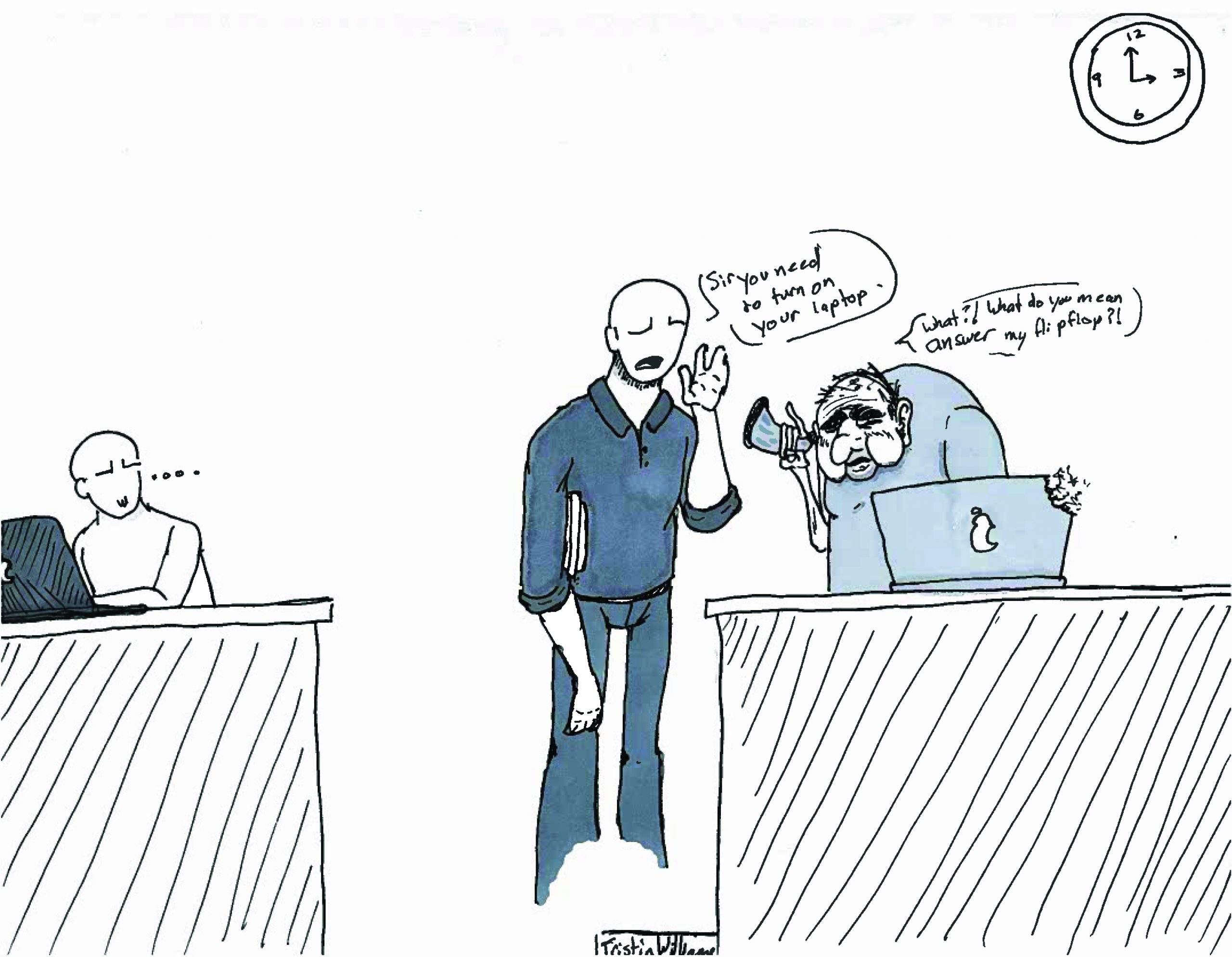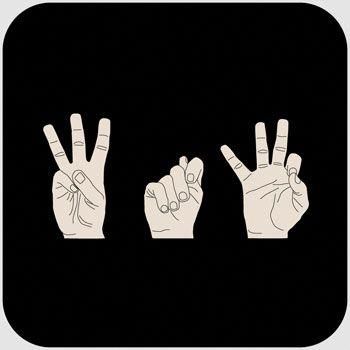Kaliegh Benck / Editor in chief
I’ve always felt that everyone should stand for something. I think that individuals should fully believe and defend what they feel is truth to them.
I can’t say I grew up in the church but from ages 11-19 I adopted the lifestyle of a devoted Christian. My family attended a nondenominational church every Sunday morning, Sunday night and Wednesday evening. Monday evenings were reserved for an hourlong session of prayer that was occupied by a handful of faithfuls. During Easter and Christmas seasons various evenings were blacked out for a play or choir practice. Moral of the story, I was in that church more often than in my own home at times. For nine years I listened the pastor (whom I happen to be related to) preach that Christianity was the only way, and that other religions were wrong and going to hell.
It wasn’t until I moved out of the house and lived on my own that I was able to find my own faith and not rely on my parents’ beliefs anymore, which I know to this day my mother doesn’t appreciate.
As I sat in service as a teenager still trying to figure out life for myself, I remember being dumb-struck as my pastor explained that anyone who was not a Christian was going to hell. Every other religion was wrong except for us — his words, not mine.
Even then I knew it was wrong to discount anyone’s beliefs or choice of religion. It didn’t make sense to me to tell someone they were wrong when they were just practicing what they knew as truth.
Over the years I struggled with the idea of one sole deity responsible for everything in this world. Listening to other people describe their idea of God had no effect on me. While I had my own idea of what this God consisted of I couldn’t help but think that their description could be a possibility as well.
Recently a close friend from high school reached out to me to help her overcome an addiction she was battling. As she recounted years of substance abuse and told me that her recovery wasn’t possible without God, I sat in silence, nodded my head and smiled at the appropriate times. She recounted a prayer session where she felt the presence of God. The conversation ended when she described a dream where my deceased father, the man responsible for getting her invested in church to begin with, appeared and encouraged her to kick her habits and give it to God.
I didn’t tell my friend that I didn’t believe a thing she said. Not because I didn’t think it had truly happened. Not because I don’t believe in God. I didn’t tell her a single word because in that very moment she looked so hopeful and I could tell that she beyond a shadow of a doubt believed every word she said. Even though her truth didn’t resonate with me, I didn’t doubt that what she described was real.
My community church failed to teach me the value of respecting someone else’s values and beliefs. I hated the reality of someone thinking I was an idiot for what I believed in. Who had the final say in what was “real” and why did it matter if anyone was “right” anyway?
In my ideal world, viewed through heart-shaped, rose-colored glasses, everyone’s religions and beliefs peacefully coexist. Whatever your idea of an after-life may be will be manifested unto you. It’s wishful thinking at best, but it works for me.




